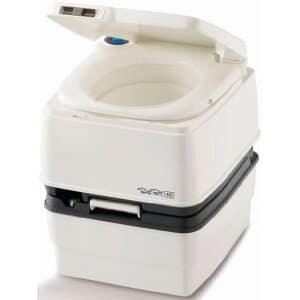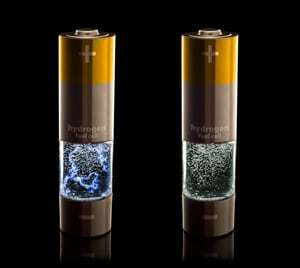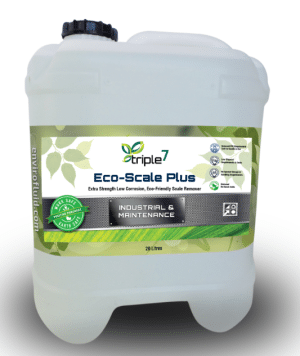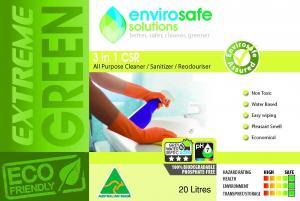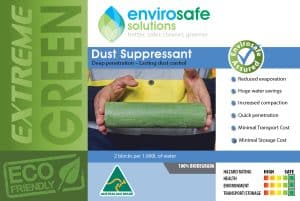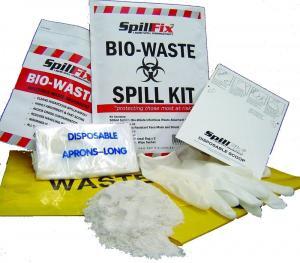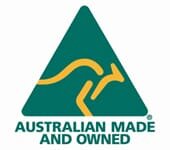 Green products have become a staple on supermarket shelves as major brands employ eco-credentialsas a powerful marketing tool. Yet research intoconsumer preferencesand spending is conflicting.
Green products have become a staple on supermarket shelves as major brands employ eco-credentialsas a powerful marketing tool. Yet research intoconsumer preferencesand spending is conflicting.
Hot on the heels of the phosphate-free laundry campaign, a new survey has shown consumers prefer to see environmental cleaning products on supermarket shelves.
The May Canstar Blue survey of 2500 Australian consumers revealed supermarket giant Aldi (the first supermarket to take steps to ban phosphate-based laundry products) had the most satisfied laundry powder customers.
The preference for eco-friendly laundry powders extends to environmental practices, with one in four customers also recycling washing water onto the garden.
The campaign to ban phosphate-based household laundry products – replacing them with environmental cleaning products – was a significant success for green revolution lobbyists Do Something. Phosphates are banned from cleaning products in the US and parts of Europe.
Green products hardest hit by US recession
International research though has shown a decline in the sale of green products during the US recession and global financial crisis. In the US sales of environmental cleaning products line Green Works reportedly fell from about $100 million to $60 million a year.
This was more apparent in eco-friendly lines offered by major brands.
“You see disproportionately negative impact from products like Green Works, out of the big blue-chip companies that have tried to layer a green offering on top of their conventional offering, and a relatively better performance from the niche players who remain independent,” said analyst Stephen Powers, of Sanford C. Bernstein and Company. He based his findings on a Bernstein study of monthly sales for almost 4,300 items in 22 categories, from 2006 to 2011
Consumers wary of green prices
A recent study by US cosmetics and skincare company L’Oreal found 43 per cent of those surveyed would only buy environmentally or socially responsible products if they did not cost more. Other green consumerism trends include:
- A perception that the green revolution movement was ‘feminine’, with more women than men choosing environmental cleaning products;
- A preference for mainstream brands with a green label than specialised environmental companies;
- A finding by NBC Universal that environmental consumerism is on the rise. Its poll also found an increasing number of consumers were prepared to boycott a company if it believed it had poor environmental practices;
- Increasing numbers of consumers prefer to buy from environmentally responsible companies.
Research into commercial consumerism gives conflicting results. There seems to be a divide between what consumers say and how they actually spend their money. Part of this could be attributed to a lack of transparency and legitimacy in green credentials.
Leading environmental cleaning products company Envirosafe Solutions knows too well that some labels on environmentally friendly liquids do not live up to the marketing hype.
In a bid to win over consumers, more and more products are boasting green credentials yet fail in both performance and environmental stakes.
Envirosafe Solutions has developed a clear rating system for each of its products, which helps business and industry identify hazard levels in terms of health, environment, transport and storage. Its products are extremely economical and do not contain fillers, meaning they can be diluted and used sparingly for effective results.
Environmental consumerism will not move into the mainstream unless products not only offer legitimate environmental credentials but also outstanding performance – saving business and industry time and money. For real environmental cleaning products with proven results contact Envirosafe Solutions on 1300 88 90 70 or email info@evss.com.au.
Sources:
http://www.heraldsun.com.au/ipad/consumers-back-a-cleaner-world/story-fn6bfmgc-1226050055880
http://www.canstarblue.com.au/home-garden/cleaning/laundry-powders/
http://www.environmentalleader.com/2011/04/22/green-consumerism-in-doubt/
















